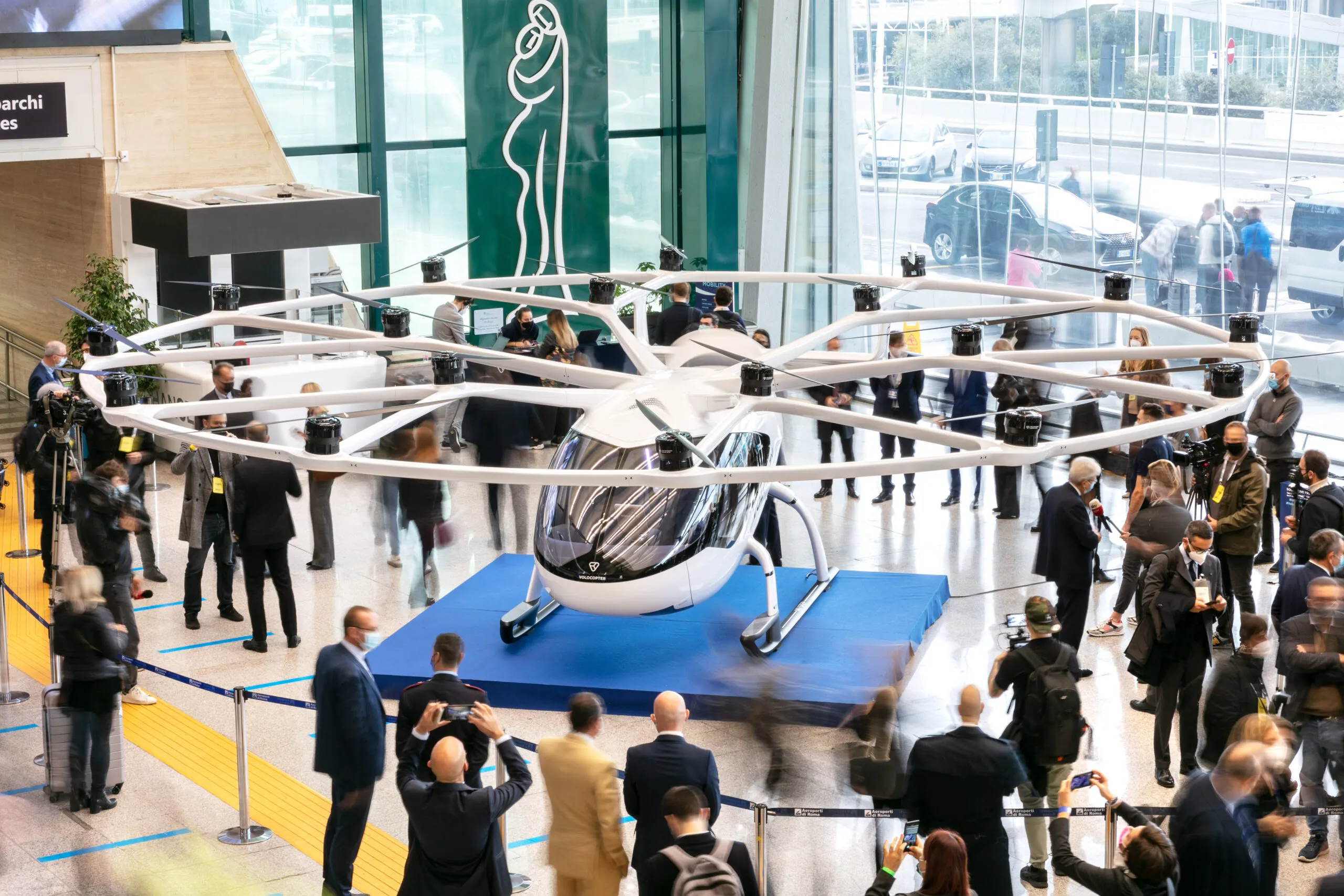Incredibly, the Volar-e car displayed on the Applus Idiada stand will accelerate from 0-100km/h in under three seconds – not bad for an electric car. The Idiada engineering and technology division of the certification body Applus put all of the various technologies of this car together and fully tested it within nine months.
October 8, 2015
Read time: 1 min

Incredibly, the Volar-e car displayed on the









